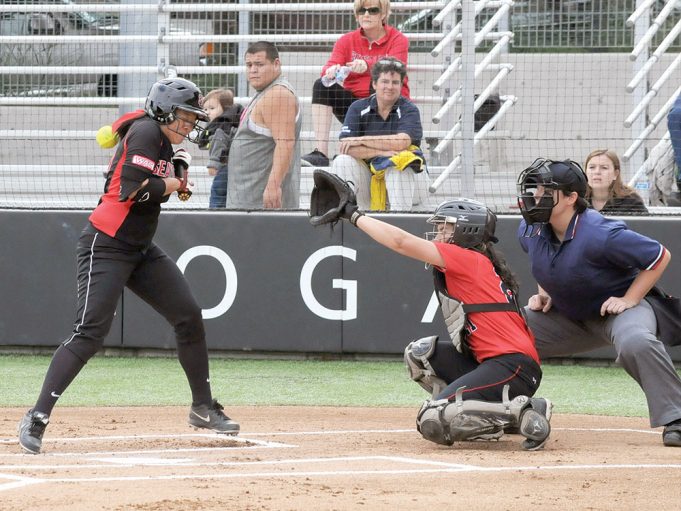We’ve all had one. Or two. Or 102. That moment when stark reality hits and you realize you have just kicked the ever-living daylights out of a call. You stand there, slack-jawed with eyes opened as wide as they’ll go, the cold beads of sweat forming on your brow, and you utter the question that has been asked by every official at one time or another: “How did I miss that?”
The decisions you make in the next few seconds and the days immediately following the game will determine how good an official you truly are. Here are some things to consider while you wait for that next big blunder that’s sure to occur.
Admit your guilt.
The first step to recovering from a blown call is acknowledging you made one. Congratulations. You’re human. And in the officiating world, you’re in good company.
The wrong way to get through it is to try to cover it up (or worse, pawning it off on another official). You may be able to bamboozle a few coaches with a sincere expression on your face and a steady tone of voice as you try to explain why the very incorrect call was actually very correct. But most will see through your bluff.
Depending on the situation, some coaches will forgive an official or crew one mistake. Think of it as a “Get out of jail free” card. “Coach, I don’t like having to tell you this, but I missed that one.” You may take the coach by surprise, but don’t expect forgiveness or understanding every time. And if you have to admit more than one mistake in a game, it’s time to reexamine your performance.
Move on.
To paraphrase Otter from the movie “Animal House,” “You can’t spend your whole life worrying about your mistakes. You messed up!” After not admitting it, the next-worst thing you can do is dwell on it. Because while you’re feeling sorry for yourself, the next play is going to occur and you’re going to miss that one, too.
Another reaction to avoid is the God complex. “OK, I missed that one but now I’m going to really, really concentrate so I never miss another call as long as I live.” As unwise as it is to dwell on the last call, it is even more ill-advised to dwell on the next one. Anticipate, yes. Obsess, no.
Determine the nature of the error.
At halftime or after the game, figure out where you went wrong. You may need to ask an official who worked the game with you. Was it an error of omission or commission? Did you get the call right but mess up the enforcement? Did you confuse a rule from one code with that of another?
Was the error due to poor positioning? Ask yourself if you had the right angle or too much or little distance between yourself and the play. Did you use the wrong mechanic or apply the wrong philosophy? Did you have enough information? For instance, baseball and softball umpires use the “snap-thud” mechanic on close plays at first base. Did you fail to hear the thwack of the ball in the mitt or the thump of the runner’s foot on the base? In basketball, did you only think the defender had legal guarding position when you called the offensive foul? You get the picture.
Getting the right answer.
Don’t rely solely on the memories of others for information. It’s OK to check with a trusted veteran or mentor to ask for help, but our memories are often better served by finding the answer ourselves.
If you blew a ruling, dig into the rulebook or casebook so you’ll understand it better next time. If it’s a positioning error, watch some film involving like situations or check out the mechanics manual. Most of the time, the answer is available if you know where to look.
But the one conclusion you absolutely, positively must draw is that you are going to make another mistake at some point in your officiating life. The key is keeping those mistakes to a minimum.
What's Your Call? Leave a Comment:
Note: This article is archival in nature. Rules, interpretations, mechanics, philosophies and other information may or may not be correct for the current year.
This article is the copyright of ©Referee Enterprises, Inc., and may not be republished in whole or in part online, in print or in any capacity without expressed written permission from Referee. The article is made available for educational use by individuals.


















